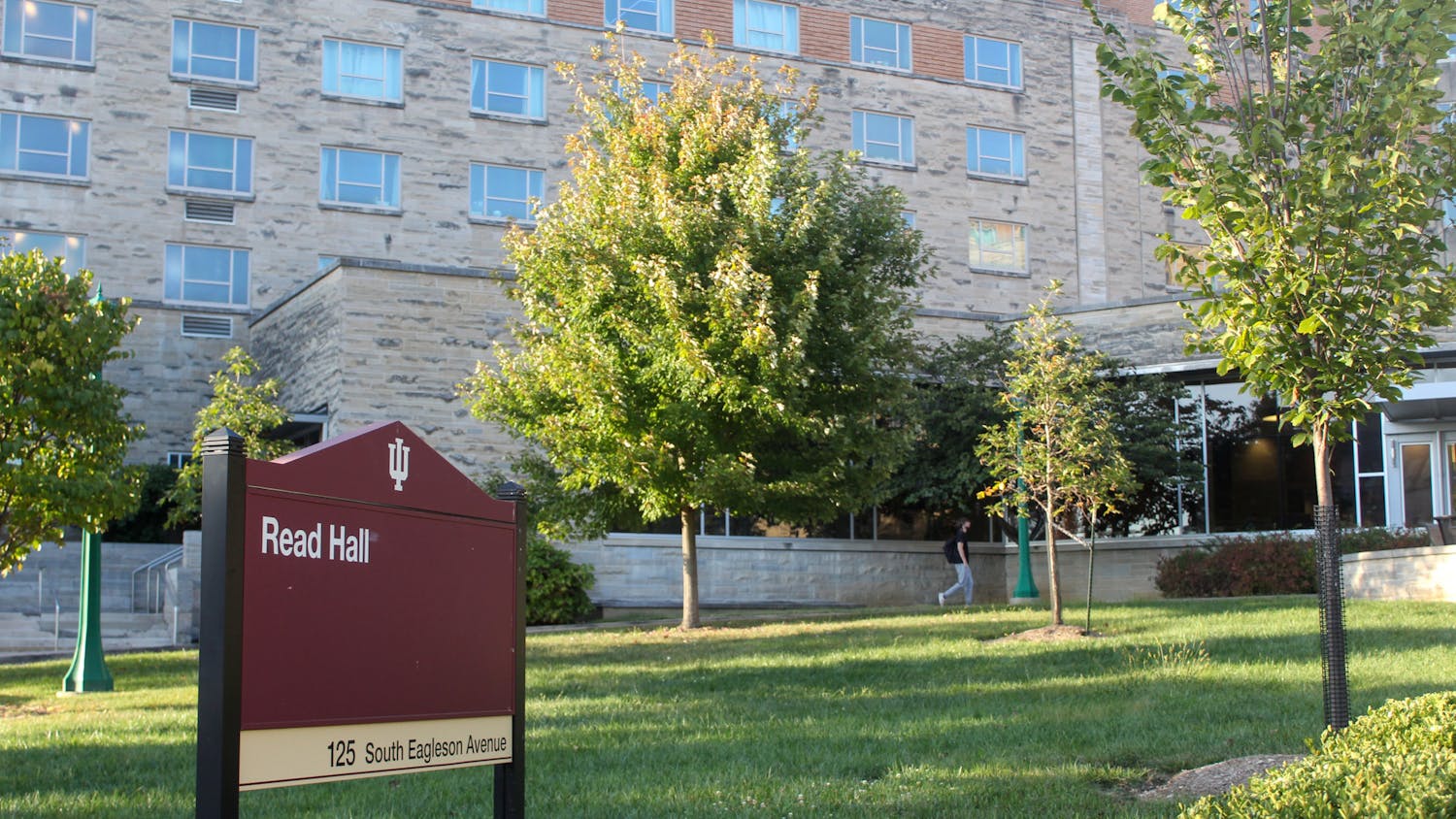Through their joint Water Sustainability and Climate program, the National Science Foundation and the U.S. Department of Agriculture’s National Institute of Food and Agriculture have awarded $2.6 million to IU faculty to study water quality and supply, according to the University.
Adam Ward, assistant professor in the School of Public and Environmental Affairs, will lead a team of three in a three-year study on the effect of agriculture on water quality in Iowa.
“It’s a great thing to care about and there’s a lot of room for improvement, but what we’re going to help do is to understand how to get to that improvement,” Ward said.
Ward will collaborate with Kajsa Dalrymple , assistant professor of journalism and mass communications at the University of Iowa, and Scott Spak, assistant professor of urban and regional planning at the University of Iowa. Each researcher will focus on one of three distinct components.
Ward said he will focus on how agricultural practices affect the physical system. For example, Ward will study the effect of crop placement, fertilizer usage and land tillage on water quality.
Ward said Dalrymple will, in turn, focus on how the physical system affects agricultural practices. For example, Dalrymple will study the effect of water quality on crop placement, fertilizer usage and land ?tillage.
“You as a land manager might look at (a problem) and say, ‘You know, my decisions are part of the problem, I could be part of the solution,’” Ward said.
While the first component assumes farmers and land managers just make decisions, he said, the second component questions why farmers and land managers make the decisions they make.
Finally, Ward said Spak will focus on the policy affecting the relationship between humans and the physical system. For example, Spak will study the effect of Watershed Management Authorities, governmental agencies and voluntary associations formed to improve water quality on agricultural practices and water quality.
The three components would typically be targeted in three separate studies, Ward said.
By targeting all three components in one common study, the researchers will be able to identify linkages between the agricultural practices, the physical system and policy.
“It’s a very interdisciplinary team, so we’re trying to tackle all of the pieces of it and how they all work together,” Ward said.
Ward said he and his team will use web-based interactions, such as drop-down menus and checkboxes, to survey farmers and land managers.
Participants will input a series of agricultural practices, such as crop placement, fertilizer usage and land ?tillage.
They will then receive the predicted effects of those agricultural practices.
Ward said he and his team will then study how this information influenced the participants’ agricultural practices and, in turn, how these agricultural practices influenced water quality.
“If we shoot one hundred arrows at the board, what we want to do is find, like, the four arrows that went to the extremes,” Ward said. “We don’t care so much about the 96 arrows that all hit the same bullseye. We want to know what it is that you can do to change the system.”
Additionally, Tom Evans , professor of geography in the College of Arts and Sciences, will lead a team of four in a five-year study on the effect of water supply on decision making in Zambia and ?Kenya.
The team will look particularly at the effect of water supply on food security, according to the University.
Evans will collaborate with Beth Plale , professor in the School of Informatics and Computing, Shahzeen Attari, assistant professor in the School of Public and Environmental Affairs, and Kelly Caylor, associate professor of civil and environmental engineering at Princeton University, according to the University.
“There’s just a really robust community here of people who want to work across disciplines and solve these kinds of problems and address these kinds of issues,” Ward said. “And it’s a great part of being here at ?Bloomington.”





